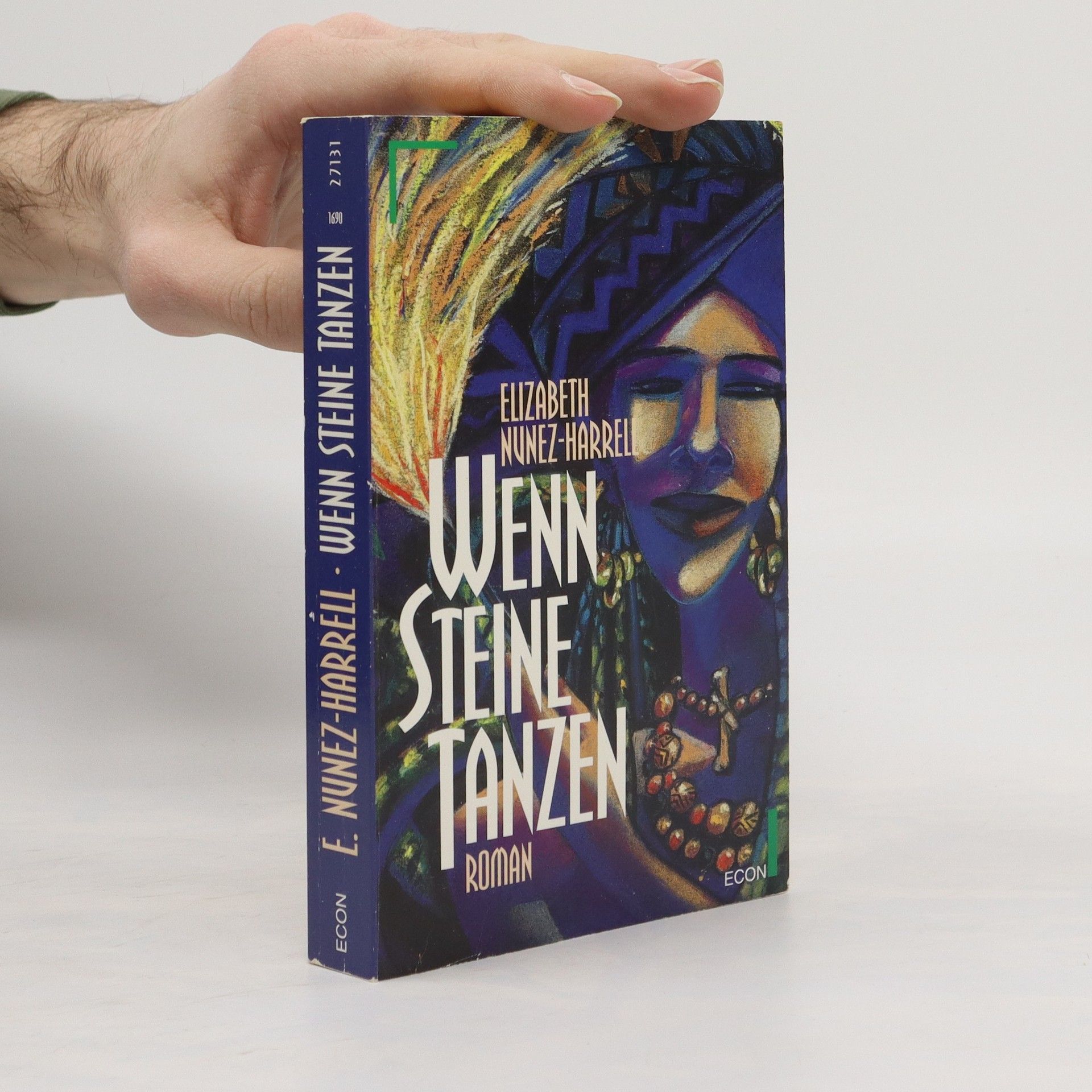There is nothing like racial injustice in America to teach an outsider the differences between perception and reality "The racial politics of a small town in Vermont, as seen through Lila's eyes, provides an illuminating coun
Elizabeth Nunez Book order (chronological)
Elizabeth Nunez crafts intricate narratives that delve into the complexities of identity, belonging, and the enduring impact of heritage. Her prose is distinguished by its lyrical quality and keen psychological insight, exploring the profound connections between family, memory, and place. Nunez masterfully dissects the nuances of human experience, offering readers a deeply resonant exploration of cultural landscapes and personal journeys. Her work stands as a significant contribution to contemporary literature, celebrated for its emotional depth and stylistic elegance.

